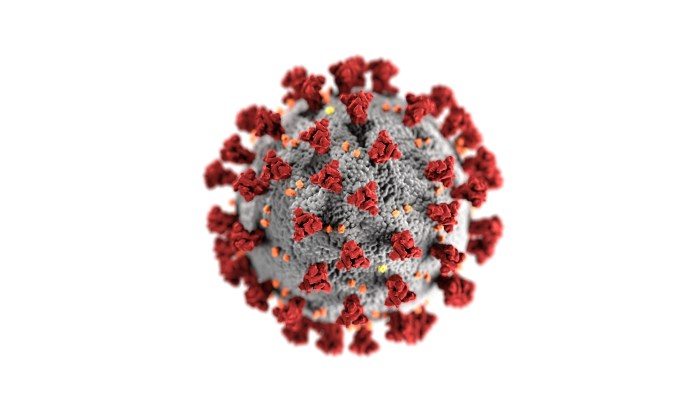As the world takes cover from the coronavirus pandemic, healthcare experts offer insight on how to help strengthen the immune system and stay healthy.
In addition to not touching your face and practicing social distancing — staying home, avoiding crowds, keeping at least 6 feet away from people in public — to avoid the spread of the disease, experts also offer a few suggestions on preventing and fighting COVID-19, should you contract it.
“Strengthening or boosting the immune system during this difficult time is of the utmost importance,” says Rosemary Cook, a registered nurse and holistic nutritionist. “A healthy immune system can defeat an invasion of a bacteria or virus or organism that is going to come to the host, which is your body.”
Hand hygiene is critical. Good old-fashioned soap and water is preferable to hand sanitizer, which should be used as a backup.
“People are using an overabundance of hand sanitizers and wiping out the natural flora or good bacteria,” she says. “Alcohol, although it has good disinfectant properties, deprives skin of oil and water and can dry skin out, which can interrupt the skin’s natural barrier of protection, increasing the risk of viruses and bacteria entering into the skin.”
She recommends disinfecting and sanitizing naturally, too, with vinegar, oregano oil, Thieves oil, or witch hazel.
Consume a balanced diet that includes protein, fruits and vegetables, advises Vivian DeNise, D.O., of Garden City Center for Integrative Health. Avoid refined sugar, processed foods (which often contain monosodium glutamate or MSG) and genetically modified organisms (GMOs), all of which will inhibit the body from doing its best work, she warns.
Blending fruits and vegetables into juices and smoothies is a great way to get lots of nutrients into your diet. Frozen vegetables are dense in vitamins and minerals, Dr. DeNise notes. Gelatin-rich bone broth supports gut health and the immune system, adds Cook.
Liposomal vitamin C is a most powerful antioxidant that strengthens your body’s natural defenses, combats free radicals, and encourages the production of white blood cells to protect the body against infection, experts say. Good food sources of Vitamin C include kiwi, oranges, lemons, limes, and grapefruit, as well as raw vegetables — red and green peppers, spinach, leafy greens, etc.
“Fermented vegetables like sauerkraut are great probiotics and also are rich in vitamin C,” Cook says.
Experts note that zinc helps strengthen the immune system, in addition to cod liver oil, which is rich in omega-3 fatty acids, vitamin A, and vitamin D.
“All provide protection against viruses,” Cook says.
If you’re experiencing respiratory challenges, aside from consulting your physician, Cook recommends soothing the condition with the herb, thyme.
“It helps fight respiratory infections and is a natural expectorant; it helps get rid of mucus,” she says.
Avoid respiratory challenges by not smoking or vaping, warns Dr. DeNise.
“When you smoke, it calms the cilia [tiny hairlike organisms that help protect your body from pathogens] down and whatever you’re inhaling gets deeper into your lungs,” the doctor adds.
Remember, quarantine does not mean stay inside, says Cook. Fresh air, natural sunlight, and exercise are paramount to feeding the mind, body, and soul.
“Take a break from social media every now and then, as negativity can wreak havoc on the immune system,” she says. “Sleep helps the body rejuvenate and heal. The body needs rest to maintain and build strength and immunity.”
Dr. Salvatore R. Pardo, chair of emergency medicine at Long Island Jewish Valley Stream, agrees.
“Whenever there’s a new virus, we don’t know how it behaves,” he says. Rather than panic, he advises: “Follow good hygiene, health, and safety practices.”
Experts advise individuals to consult with their trusted healthcare provider for specific guidance and supplement dosage relating to their individual health needs.
Sign up for Long Island Press’ email newsletters here. Sign up for home delivery of Long Island Press here.




























